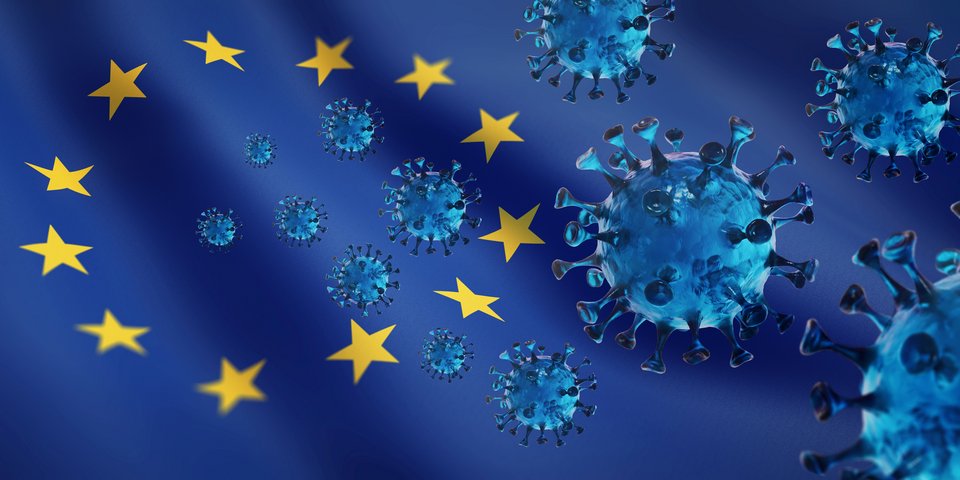 ©peterschreiber.media - stock.adobe.com
©peterschreiber.media - stock.adobe.comMental health in times of crisis
The ongoing pandemic calls for Europe to act.
TH – 09/2021
The "silent pandemic" ...
The
ongoing pandemic is causing increased levels of psychological stress even in
many who have not been affected before. Whereas
negative mental health consequences can affect all age groups, young people, in
particular, have been found to be at high risk of developing poor mental
health, according to a briefing by the EPRS (European Parliamentary Research
Service). This is accompanied by a considerable level of fear and anxiety. The
growing level of stress on mental health is now being referred to by some as a
"second" or "silent" pandemic.
... often affects young people
The
already widespread mental health issues faced by society during the pandemic
are being compounded by isolation, fear for one's own safety or that of others,
economic insecurity as well as the fact that everyone has had to adjust to a
new, possibly permanent, reality.
Certain
groups have been particularly hard-hit. These are health and care workers,
people with pre-existing mental health issues, women, and as mentioned earlier,
young people. It also appears that the pandemic is intensifying the
inequalities in mental health that already exist, both within the population
and between the different social groups. The EPRS also stated that we should
also fear the effects this will have on the labour market.
The
number of people working from home has also increased sharply during the
pandemic. Therefore,
the impact of
teleworking and digital working on employees and society in general has to be
considered and dealt with; this was also stipulated in the briefing.
Developments at European level
As
early as July 2020, the European Parliament adopted a Resolution that
recognised mental health as a fundamental human right and called for an EU
action plan for 2021-2027 covering mental health. The European Commission (EC) was also called upon
to put this at the heart of its EU policy.
In
a response to a written question, European Commissioner Kyriakides had still noted in March 2021 that "promoting good mental health will be part of the
EC's work during the coming years. However, the EC does not intend to develop a
strategy that will result in binding legislation".
Meanwhile, the EC, who had also come under pressure from stakeholders,
has committed itself to preparing at least a non-legislative initiative on
mental health at the workplace at EU level. Its aim will be to assess emerging issues
related to employees' mental health. A recommendation for action on this should
be presented by the end of 2022.
Click here to
read the briefing.
